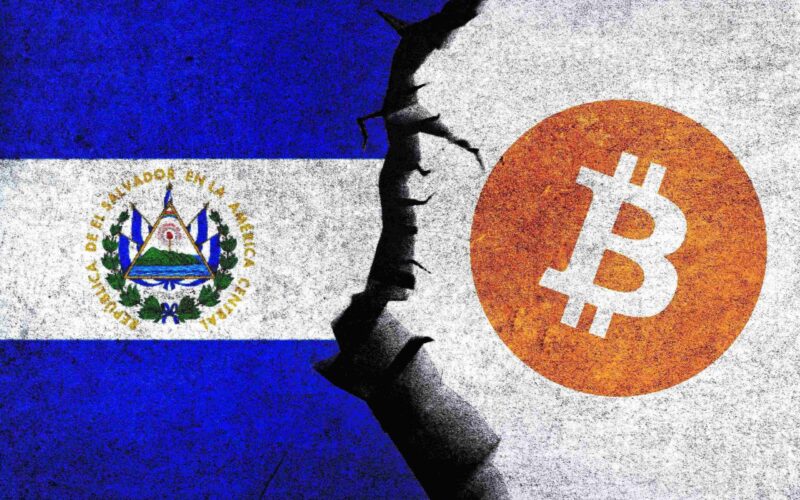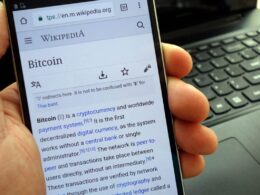An investigation conducted by the Organized Crime and Corruption Reporting Project (OCCRP) has uncovered how the government of El Salvador misallocated a significant portion of a COVID-19 relief loan to fund its controversial Bitcoin project. The COVID-19 pandemic had a devastating impact on El Salvador’s economy in 2020, with a nearly 8% drop in GDP and widespread struggles due to strict lockdown measures.
The Central American Bank for Economic Integration (BCIE) approved a $600 million loan in 2021 to provide relief for small businesses heavily affected by the crisis. This loan was seen as a lifeline for millions of Salvadorans. However, the OCCRP investigation revealed that only a fraction of the funds reached those in need. Instead, the government, led by President Nayib Bukele, diverted over $200 million to support his pet project of adopting Bitcoin as legal tender.
The controversial cryptocurrency scheme has already drawn rebukes from international financial institutions like the IMF and World Bank.
President Bukele’s decision to allocate the diverted pandemic aid to build Bitcoin infrastructure in El Salvador disregarded the loan agreement’s explicit prohibition on using the money for cryptocurrency. Despite criticisms and warnings from financial institutions, Bukele pressed on with his Bitcoin plans, defying the concerns raised.
Misallocation and Bitcoin Agenda
The investigation found that when the $600 million loan was approved by the BCIE in April 2021, BCIE president Dante Mossi stated that it would benefit 4 million people by providing small business assistance. However, according to OCCRP’s findings, when the funds arrived in July 2021, only $20 million had actually been distributed for small business loans as intended.
OCCRP’s investigation revealed that $425 million of the loan was diverted to support the “general obligations of the state,” which were related to El Salvador’s Bitcoin agenda. This diversion directly violated the loan agreement’s prohibition on using the funds for cryptocurrency projects. While the fungibility of money may have facilitated the diversion, it contradicted the original purpose of providing relief.
The Prudence of Bitcoin Adoption
In June 2021, President Bukele announced the adoption of Bitcoin as legal tender in El Salvador. Despite warnings from the IMF and World Bank about the risks to financial stability, Bukele remained determined to proceed. When the BCIE COVID loan arrived the following month, over $200 million was funneled into Bitcoin infrastructure, including the government’s Chivo digital wallet app.
As part of incentives to drive adoption, every Salvadoran who registered received $30 in free Bitcoin. However, many experts questioned the prudence of using pandemic aid for such a volatile cryptocurrency experiment. Economist César Villalona highlighted the disparity between the law and reality, stating, “The Bitcoin law was passed, but in reality, bitcoin does not exist; Bitcoin is not legal tender. The reality is that the country remains dollarized.”
A study conducted by the U.S. National Bureau of Economic Research found that less than 10% of Chivo app users continued actively using Bitcoin in 2022. Daily usage of Bitcoin remains low, leading economists like Mossi to conclude that it makes up less than 1% of El Salvador’s economy. This falls far short of Bukele’s goal of transforming national commerce through Bitcoin adoption.
The diversion of COVID relief funds to finance the Bitcoin rollout in El Salvador highlights concerning issues of corruption and misuse of aid money. The $600 million loan was intended to assist struggling small businesses during the pandemic. However, more than $200 million was redirected towards President Bukele’s cryptocurrency vision, disregarding the objections of international financial institutions.
This imprudent allocation not only violated the loan agreement, but it also deprived Salvadorans of the much-needed economic support they desperately required. The Bitcoin plan has failed to deliver on its promises of transforming commerce and finance in El Salvador. While adoption remains minimal, the economic devastation caused by the pandemic continues to persist.
This situation underscores the importance of transparency and accountability in the distribution of relief aid. When assistance intended for those in need is diverted for personal projects, it is the ordinary people who suffer the consequences.

















